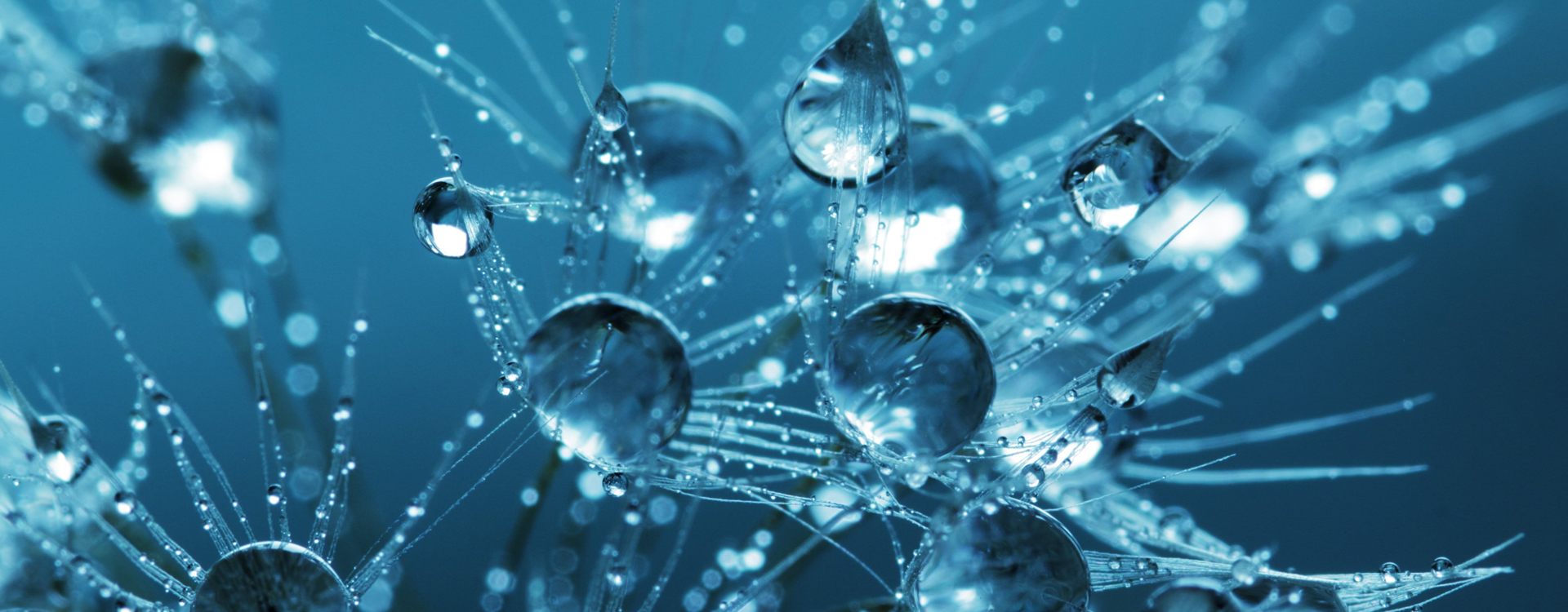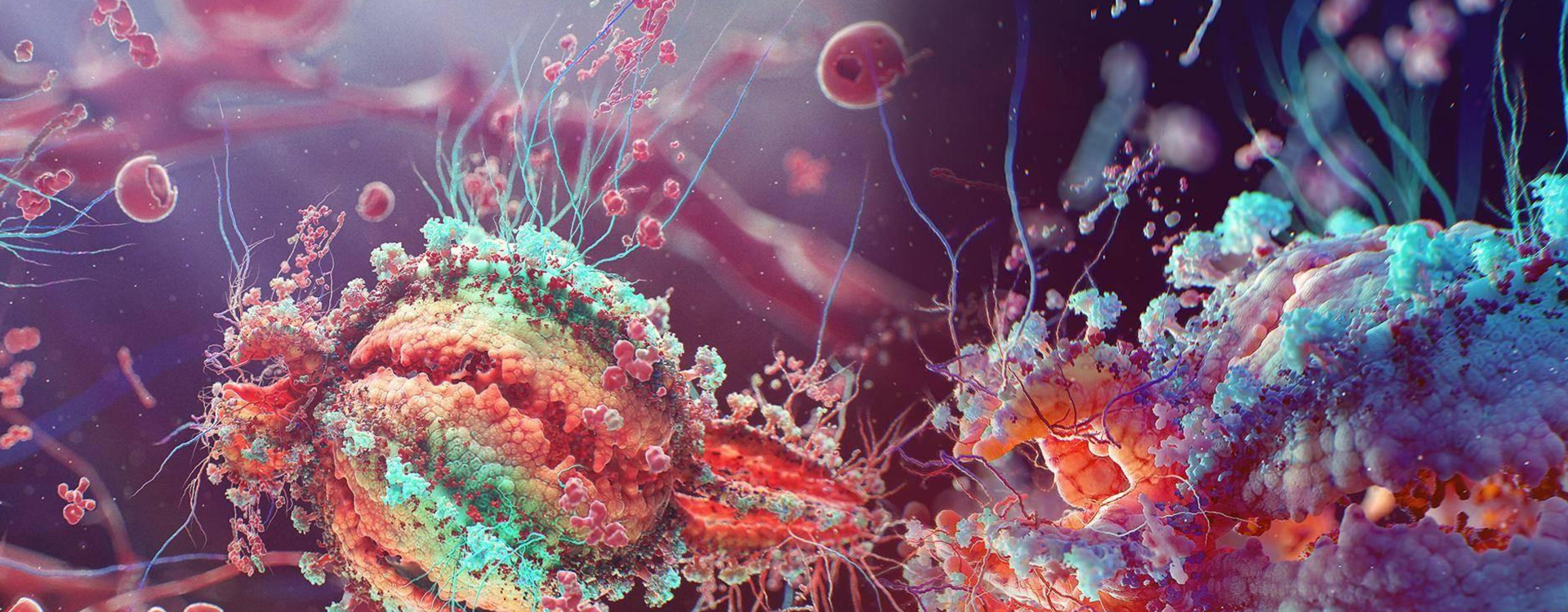Seminar Details
The present study aims to identify a PAX9-activating compound from Bacopa monnieri as a potential therapeutic in an oral cancer model. Among these phytochemicals, Bacopaside-II (BS-II) was identified as the potent PAX9 activator in CAL33 cells. Interestingly, BS-II inhibits cell proliferation and activates apoptosis in CAL33 and FaDu cells. Moreover, BS-II induces autophagy, and inhibition of autophagy reduces cell death in oral cancer. To investigate the role of PAX9 in stemness and differentiation, we initially separated CD44+ and CD44- from oral cancer cells by MACS and confirmed by flow cytometry and western blot analysis. We found that PAX9 has decreased expression in CD44+ cells compared to CD44- cells, suggesting higher stemness and lower differentiation activity in CD44+ cells. PAX9 was overexpressed in CD44+ cells, and its role in inhibiting stemness was analysed through sphere-forming potential and western blot. Furthermore, differentiation-related markers were monitored through western blot and flow cytometry in PAX9 overexpressed CD44+ cells. We also reported lower expression of Nanog, SOX2, p-GSK3-&beta and p-AKT in PAX9 overexpressed CD44+cells, which shows decreased stemness capability in PAX9 overexpressed CD44+cells. The effect of PAX9 in inhibiting AKT/GSK3-&beta signalling and activating BMP2 signalling was investigated in CD44+ cells to confirm the inverse relation between PAX9 and stemness in oral cancer stem cells. In addition, we found that BS-II inhibited cell viability and colony formation with increased autophagy and activation of PAX9 in CD44+ cells.


